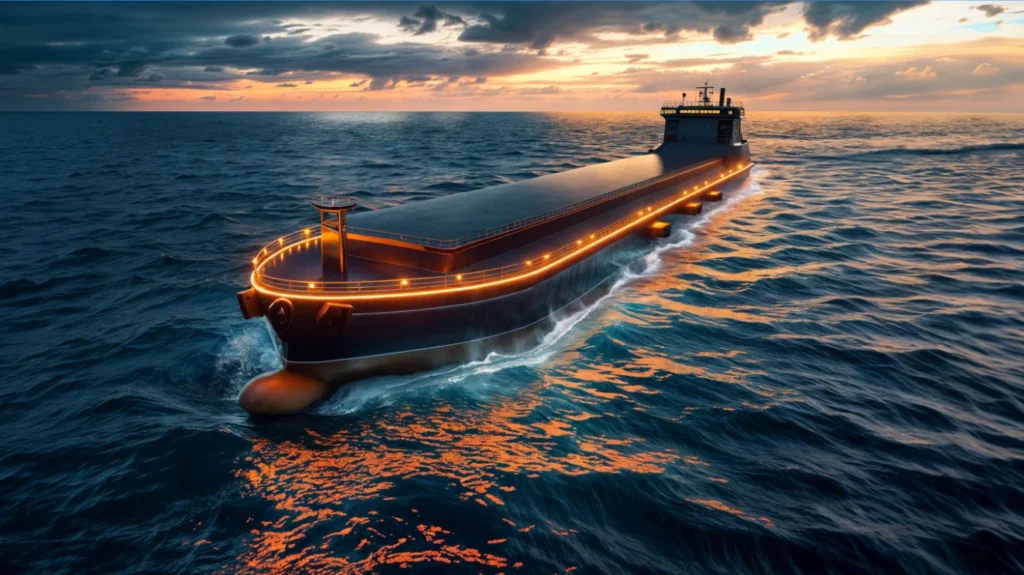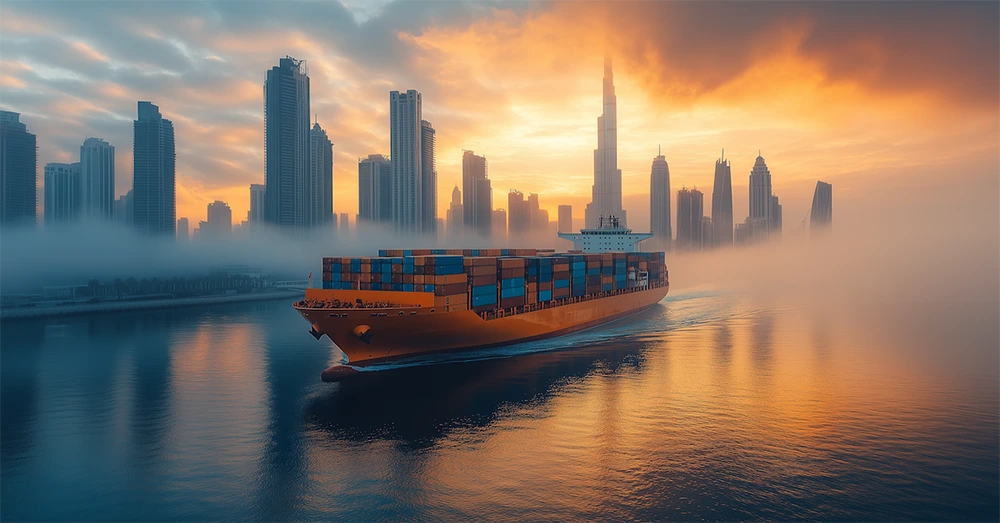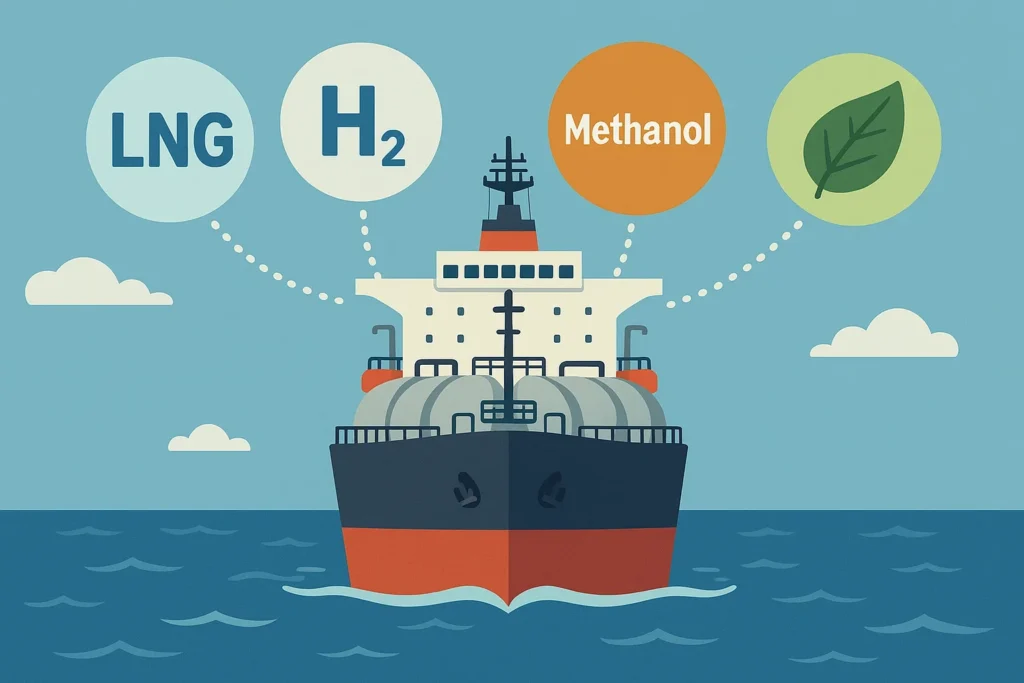Key Trends Shaping the Future of the Maritime Industry

The global maritime industry is set to go through an unprecedented transformation with new regulatory changes, trade dynamics, technologies and the need to reduce emissions playing important roles.
As a part of the maritime community, here are five trends shaping the industry:
Decarbonisation and Green Technology
Decarbonisation and green technology initiatives are leading maritime industry changes, driven largely by the International Maritime Organization (IMO) target of reducing well-to-wake GHG emissions to net zero by 2050. In October 2023, the International Chamber of Shipping (ICS) launched its Carbon Intensity Indicator Data Collection System. This system allows shipowners and managers to submit data on fuel consumption, transport work, and trial metrics to improve rating systems and support efforts to achieve net-zero carbon emissions.
Autonomous Shipping
Autonomous shipping is one of the leading maritime innovations, promising increased efficiency, cost savings, and reduced human error in maritime operations. These advancements include the use of AI and machine learning to navigate and operate vessels, leading to safer and more reliable maritime transport.
Resilience and Supply Chain Diversification
Global disruptions like the COVID-19 pandemic, geopolitical tensions, and natural disasters have highlighted the need for resilient and diversified supply chains. Stakeholders are now more focused on proactive supply chain management to mitigate future disruptions.
Regulatory Changes and Compliance
Navigating regulatory changes remains critical. As the industry aims for decarbonisation and sustainability, strategies must be regularly updated, and compliance closely monitored. Investing in digitalisation and technology can help streamline these processes and ensure best practices.
Embracing Digitalisation and Data Analytics
The industry’s commitment to innovation and sustainability is key to its longevity. Embracing digitalisation and data analytics will be essential. By investing in technology, fostering collaboration, and prioritising resilience, stakeholders can steer the maritime sector towards a sustainable and prosperous future.
To adapt to these changes, stakeholders need to balance environmental responsibility with operational efficiency, embrace technological advancements, and engage in global cooperation. By proactively addressing these challenges and opportunities, the maritime sector can ensure its resilience, sustainability, and importance in the global economy for years to come.
Press Enquiries
We are eager to provide you with more information. Please don’t hesitate to reach out.

